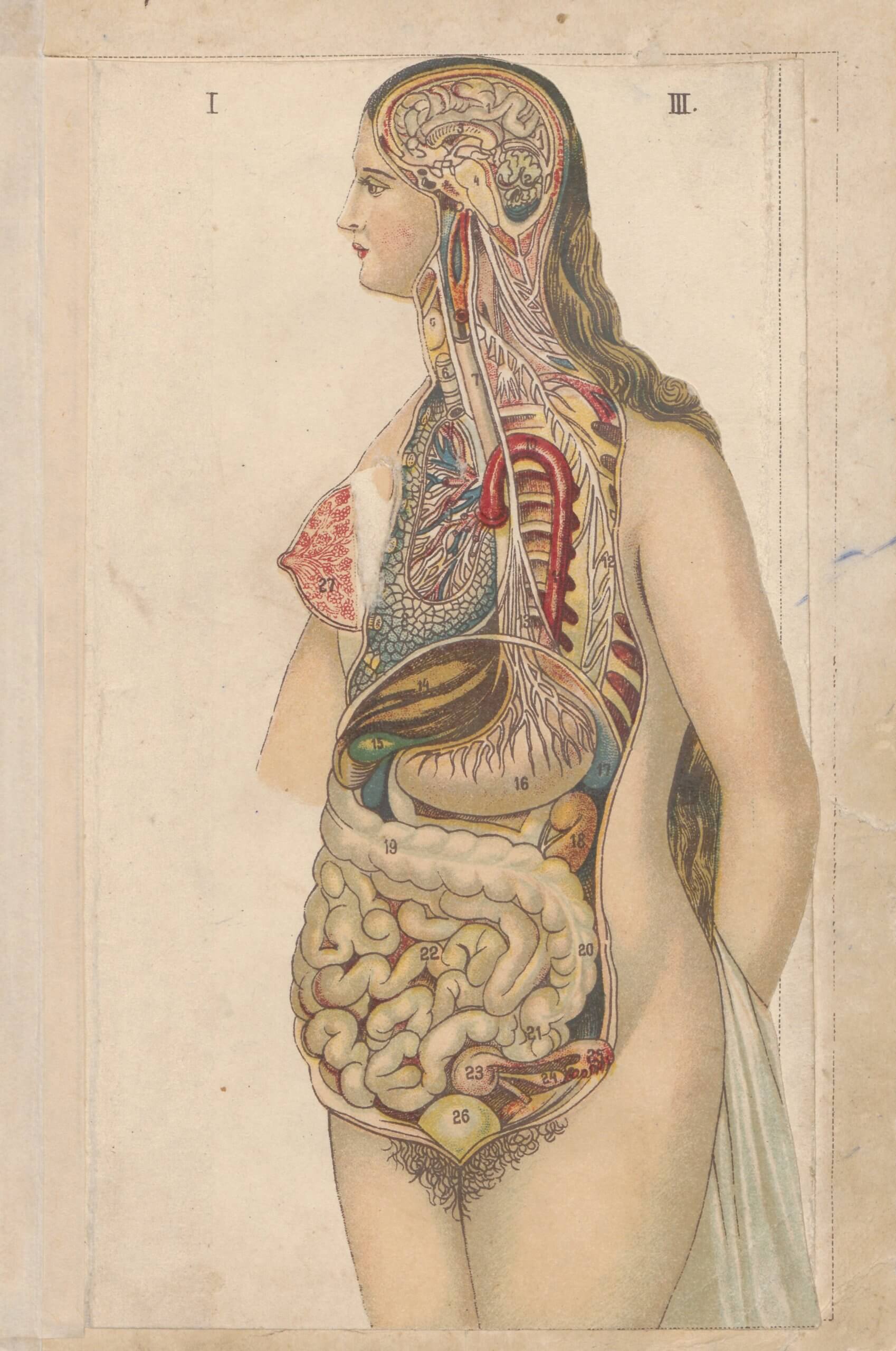Body as a Source of Pleasure and Pain around 1900

Body as a Source of Pleasure and Pain around 1900: Female Polish-Jewish Perspectives – hybrid workshop, 23 January 2023
The early 1900s in the Polish lands was a time when body, and a woman’s body in particular, became a focus of the discussion between the supporters of women’s emancipation, physicians, social activists, writers and journalists. With the emergence of new scientific disciplines like psychology, sexology and criminology woman’s body became an object of scientific research. Scientists took over the role of religious leaders to impose norms and decide what is appropriate for a woman to do with her body and what is not. After 1905 Revolution and its failure in the Russian Empire and the Kingdom of Poland the discussion among physicians, social activists and women’s emancipationists on controlling woman’s body and its ability to procreation reached its climax. For feminists and intellectual elites of the time prostitution served as an introduction to other key social problems, such as birth control, poverty, work opportunities for women, sexualized violence – matters which remain significant areas of political debate to this very day. Development of criminology and popularity of Cesare Lombroso’s works diverted the discussion towards the question whether the predilection to sex work was an inborn trait or economically conditioned choice. In the Polish lands the supporters of the latter were gathered around Paulina Kuczalska-Reinschmit’s circle of feminists and Lviv-based journal Świat Płciowy (Sexual World), while the supporters of the notion of atavism and inherited criminality were related to Cracow circle of feminists and Cracow-based Czystość (Purity), a journal edited by Augustyn Wróblewski, who opted for abstinence as, in his view, pleasure from sexual act was jeopardized by the pain of a disease that one could easily catch.
Because the discourses on female body and sexuality were impacted by the emergence of nationalism and racism, and in common view Jews were responsible for ‘white slavery’ and rising number of prostitutes in the Kingdom of Poland and in Galicia, looking at those discourses from a Jewish perspective may further our understanding of Polish-Jewish relations, and of Jewish and Polish social and cultural history. During the workshop we propose to discuss the following questions:
What practices related to one’s body were legal or socially accepted and what were not in the beginning of the 20th century? What institutions, social actors, religious authorities were responsible for shaping cultural conventions and formulating legal norms for women in relation to their bodies? What is the relationship between body and social and legal norms in positive and in negative aspects: does a state control and restrain women’s bodies or does it protect its citizens? How do perceptions of sex and gender influence the perception of one’s body in positive and negative aspects? How did women of different backgrounds in the Polish lands experience discursive boundaries in writing about body and sexuality in the early 1900s, and how did they challenge or transgress these boundaries?
The workshop takes place in the framework of the NCN funded project Discourses on Body and Sexuality in Polish-Jewish Female Writing between 1890 and 1918 (grant no. 2019/33/B/HS3/00993), headed by Zuzanna Kołodziejska-Smagała in the University of Warsaw Faculty of History; in collaboration with François Guesnet from the UCL Department of Hebrew and Jewish Studies. It is planned as a seminar-like event, with time allocated to discuss original source material (for example: press articles, autobiographical writings, literary texts, legal norms, savoir-vivre guidebooks, textbooks for physicians) proposed, pre-circulated and introduced by the participants. In case the source material is not available in English translation, the participant is expected to provide an English summary of the content. Please write to z.kolodziejska@uw.edu.pl until 1 October 2022. Cooperating partners: University of Warsaw Faculty of History, Institute of Polish-Jewish Studies, UCL Department of Hebrew and Jewish Studies, University of Vienna, Faculty Center for Transdisciplinary Historical and Cultural Studies.